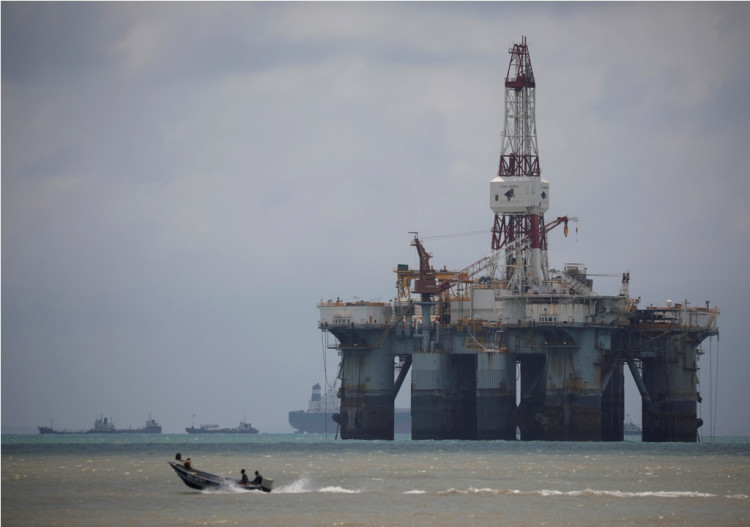Oil Prices declined on Tuesday following the announcement of United States President Donald Trump to raise tariffs on $200 billion worth of Chinese goods from 10 percent to 25 percent effective on Friday.
The threat dragged oil prices and both the Asian and United States stock markets. United States sanctions on Iran and Venezuela tightened the supply and eased losses.
United States West Texas International crude futures dropped 85 cents at $61.40 per barrel, a decline of 1.4 percent from its weakest closing price since March 29. Brent Crude oil futures dropped 1.8 percent to $69.93 per barrel when it closed around 2:30 p.m. ET, near its lowest since April 4.
Abheshek Kumar, head of Analytics at Interfax Energy in London, said that an escalation in the U.S.-China trade war has brought oil prices under renewed pressure. He also said that the spat has reinvigorated demand-side concerns, given that the conflict has been adversely impacting prospects for global economic growth.
Oil markets remained vigilant after the United States tightened sanctions on Iranian oil exports and as it plans to increase its forces in Iran, the world's top oil-exporting region. On Sunday, John Bolton, Trump's military adviser, said that they sent the Abraham Lincoln carrier strike group and a bomber task force towards the Middle East to counter "credible threats".
Jim Ritterbusch, president of Rittersbusch and Associates in Chicago said in a report that the threat of military action with Iran appears to have heightened and this has allowed the oil complex to gain some footing after WTI has been beaten down during the past couple of weeks by some unexpectedly large crude supply increases.
The sanctions imposed by the United States on halved Iranian Crude exports over the past year to less than 1 million barrels per day. It is expected that the shipments of the crude oil to its customers will decline to as low as 500,000 barrels per day in May as sanctions tighten.
Rick Perry, United States Energy Secretary, said on Tuesday that Saudi Arabia plans to increase its oil production to meet needs caused by the sanctions on Iran. Merrill Lynch of the Bank of America said that it expected Saudi Arabia to bring back oil production slowly as Iranian barrels exit the market and Brent to have a floor at $70 a barrel in current market conditions. The United States also imposed sanctions on oil exports from Venezuela which is a founding member of OPEC.





